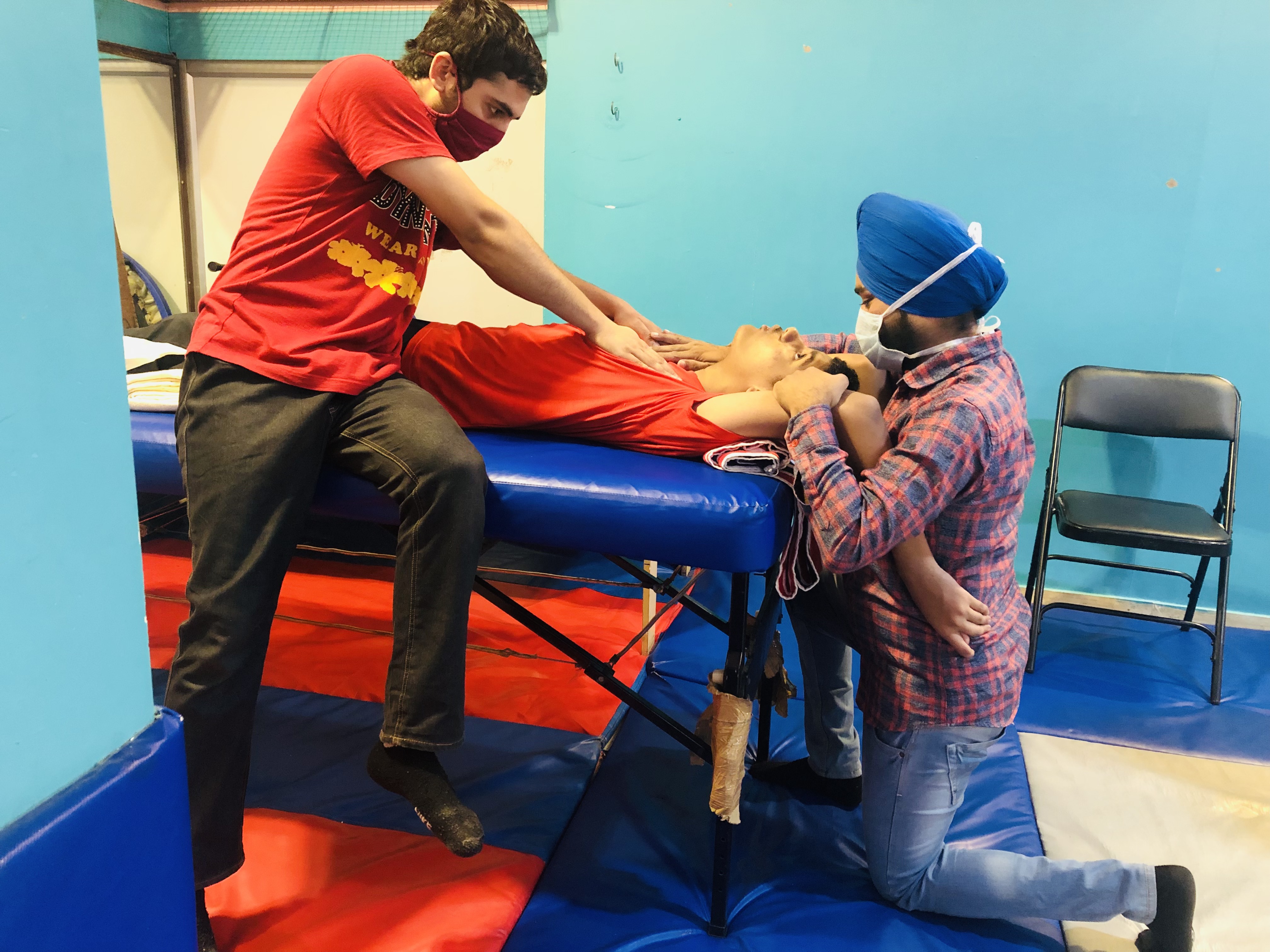
How Does Gratitude Affect Your Life and Brain
Thinking negatively about a circumstance or scenario often leads to greater negativity, but thinking positively about it leads to feelings of thankfulness.

Thinking negatively about a circumstance or scenario often leads to greater negativity, but thinking positively about it leads to feelings of thankfulness. Higher-order cognitive skills such as focus and attention are regulated by the same area of the brain that regulates emotions and behavior. Gratitude can lead to more creative, psychologically productive, and attention-span-expanding thinking.
Because of the way the brain absorbs such sensations, you will most likely experience more of the same if you are constantly thinking negatively about things and experiencing unpleasant emotions. When a person is under negative stress, their processing time may be reduced as a result. Because even such ideas deplete energy in the prefrontal cortex, which also serves as a distribution center for other critical mind/brain functions.
What is the definition of gratitude?
Gratitude, in all of its forms, is linked to happiness. Whether we say "thank you" to someone or they say it to us, the feeling is one of real joy and encouragement. Gratitude expressions help people develop and maintain long-term relationships, as well as deal with hardship and overcome it with courage and determination.
Thanking others and oneself promotes positive emotions, the most noticeable of which is delight combined with contentment. By triggering feelings of joy and contentment, gratitude has an impact on our overall health and well-being.
According to scientific studies, there is a link between the brain and gratitude.
Scientists studied the brain activity of people who were thinking about and feeling appreciative in 2008. "Gratitude induces coordinated activity in multiple brain locations and engages elements of the brain's reward circuitry as well as the hypothalamus," the researchers discovered. In summary, gratitude can raise serotonin levels and stimulate the brain stem, causing it to produce dopamine." The pleasure molecule in our brain is dopamine. The healthier and happier we are, the better and more thankful thoughts we have.
Gratitude Can Be Practiced and Adopted in a Variety of Ways
It takes time and effort to retrain the brain to have a more hopeful outlook. Here are some family-friendly appreciation activities for kids who struggle with behavior or lack confidence:
You will feel grateful if you help someone who is in extreme need, such as someone who does not have food or clothing.
Make it a habit to talk about these gratitude practices with your child at least once a day.
Keep a gratitude journal, write in it every day, and express gratitude to others. (For instance, "I appreciate your help.")
Every day, positive affirmations should be heard.
It is important to practice meditation and silence.
The Effects of Gratitude on Your Brain
The brain mechanisms that are responsible for feelings of gratitude have received a lot of attention (Wood, Maltby, Stewart, Linley, & Joseph, 2008). Moral judgments, including thankfulness sentiments, are activated in the right anterior temporal cortex, according to studies (Zahn et al., 2009).
According to the same study, neurochemical differences in the Central Nervous System are the reason why some of us are innately more grateful than others. We at IIAHP Therapy Center provide the Best Down Syndrome Treatment, Dyslexia Treatment, Autism treatment, Developmental Delay Treatment, Cerebral Palsy Treatment, Mental Retardation Treatment, Speech Therapy, Slow Learners Treatment, ADHD Treatment, and Therapies for Special Needs Children, etc. We Take New Children All Year.





